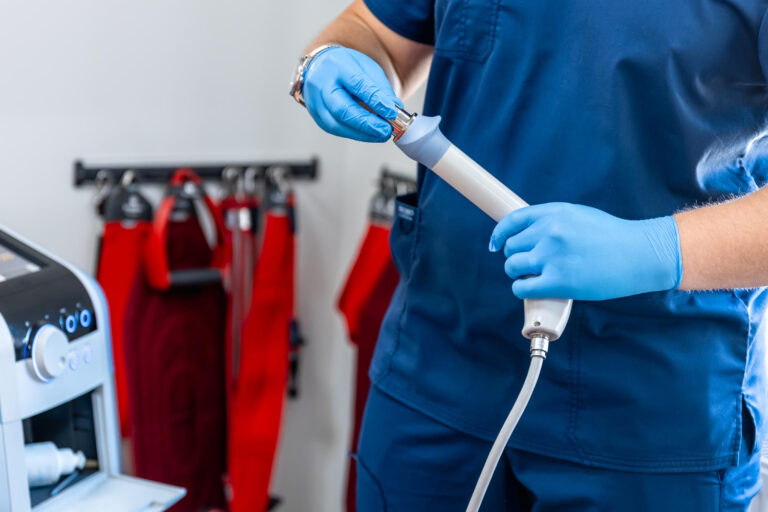The Benefits of Regular Dental Health Camps
world7, mahadev book login, silverexch:Regular dental health camps play a crucial role in promoting oral health and hygiene among communities. These camps provide individuals with access to essential dental services, education on proper oral care practices, and raise awareness about the importance of maintaining good dental hygiene. In this article, we will discuss the various benefits of regular dental health camps and how they contribute to improving overall oral health outcomes.
Importance of Regular Dental Health Camps
1. Accessibility to Dental Care: One of the significant advantages of dental health camps is that they provide easy access to dental services for individuals who may not have regular access to a dentist. By bringing dental professionals and equipment to communities, these camps ensure that people receive the care they need without having to travel long distances or incur high costs.
2. Early Detection of Dental Issues: Regular dental health camps help in the early detection of dental problems such as cavities, gum disease, and oral cancer. Through routine check-ups and screenings at these camps, individuals can receive timely treatment and prevent the progression of serious dental conditions.
3. Education on Oral Care Practices: Dental health camps not only offer treatment but also focus on educating participants about proper oral care practices. By providing information on brushing techniques, flossing, diet tips, and the importance of regular dental check-ups, these camps empower individuals to take control of their oral health and prevent dental issues.
4. Community Outreach and Engagement: Dental health camps foster community engagement by bringing together individuals from different backgrounds to prioritize their oral health. These camps create a sense of unity and shared responsibility towards improving oral hygiene in the community, leading to a collective effort in promoting better dental health outcomes.
5. Cost-Effective Dental Services: Many dental health camps offer free or low-cost dental services to participants, making oral care more accessible and affordable for those in need. This cost-effective approach ensures that individuals receive essential dental treatment without financial barriers, promoting overall oral health equity.
6. Prevention of Oral Diseases: By emphasizing preventive measures such as dental cleanings, fluoride treatments, and sealants, dental health camps help in reducing the risk of oral diseases. Preventive care is key to maintaining good oral health and preventing the onset of dental problems, ultimately leading to healthier smiles for participants.
7. Empowerment of Individuals: Dental health camps empower individuals to take charge of their oral health by providing them with the knowledge and tools to make informed decisions about their dental care. Through education and awareness, participants can adopt healthy habits and practices that contribute to long-term oral health benefits.
8. Collaboration with Healthcare Providers: Dental health camps often collaborate with local healthcare providers, schools, and community organizations to expand their reach and impact. These partnerships enable camps to reach a larger audience, offer a comprehensive range of services, and create a network of support for individuals seeking dental care.
9. Focus on Children’s Dental Health: Dental health camps frequently target children to instill good oral hygiene habits from a young age. By educating children about the importance of brushing, flossing, and regular dental check-ups, these camps lay the foundation for lifelong dental health and well-being.
10. Positive Health Outcomes: The benefits of regular dental health camps extend beyond oral health and contribute to overall well-being. By improving oral hygiene, preventing dental problems, and promoting healthy habits, these camps play a vital role in enhancing the quality of life for participants and their communities.
In conclusion, regular dental health camps offer a range of benefits that contribute to improving oral health outcomes, promoting preventive care, and empowering individuals to prioritize their dental health. These camps serve as a valuable resource for communities seeking accessible, affordable, and quality dental services, while also fostering collaboration and education on oral care practices. By participating in dental health camps and supporting their initiatives, individuals can take proactive steps towards achieving and maintaining optimal oral health for themselves and their communities.
FAQs
Q: Are dental health camps only for low-income individuals?
A: No, dental health camps are open to individuals of all income levels and backgrounds. These camps aim to provide accessible and affordable dental services to anyone in need, regardless of their financial status.
Q: How often should I attend a dental health camp?
A: It is recommended to attend a dental health camp at least once a year for routine check-ups and preventive care. However, individuals with specific dental issues or concerns may need to visit the camp more frequently as advised by dental professionals.
Q: Can dental health camps treat complex dental problems?
A: Dental health camps focus on preventive care, early detection, and basic dental treatments. For complex dental problems requiring specialized care, individuals may be referred to a dental clinic or specialist for further evaluation and treatment.
Q: How can I find a dental health camp in my area?
A: Dental health camps are often organized by local healthcare providers, community organizations, or dental associations. You can inquire with your healthcare provider, school, or local community center to learn about upcoming dental health camps in your area.







